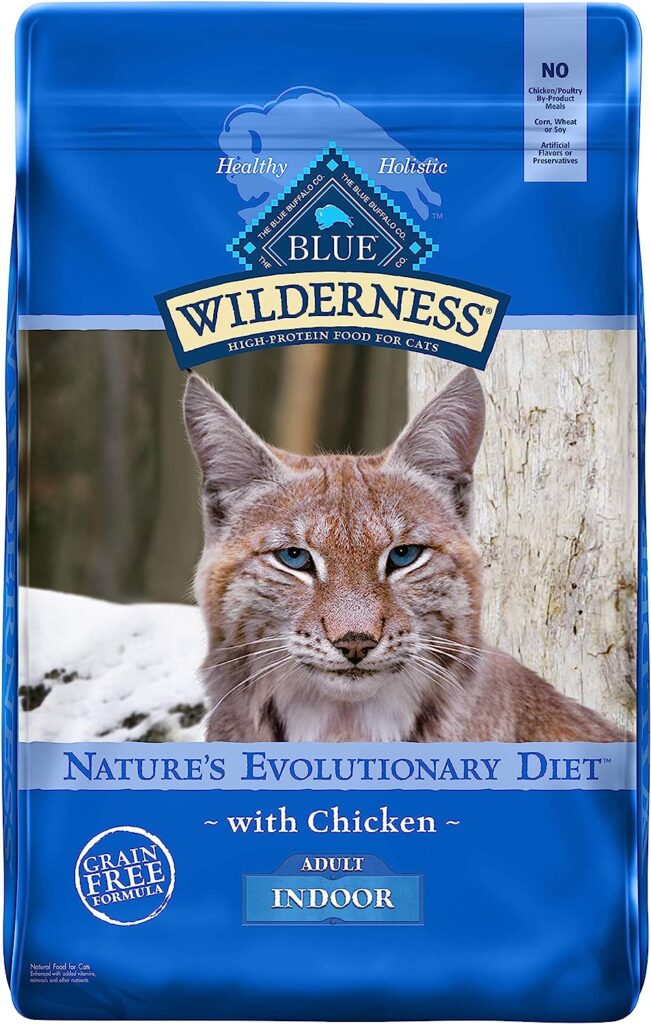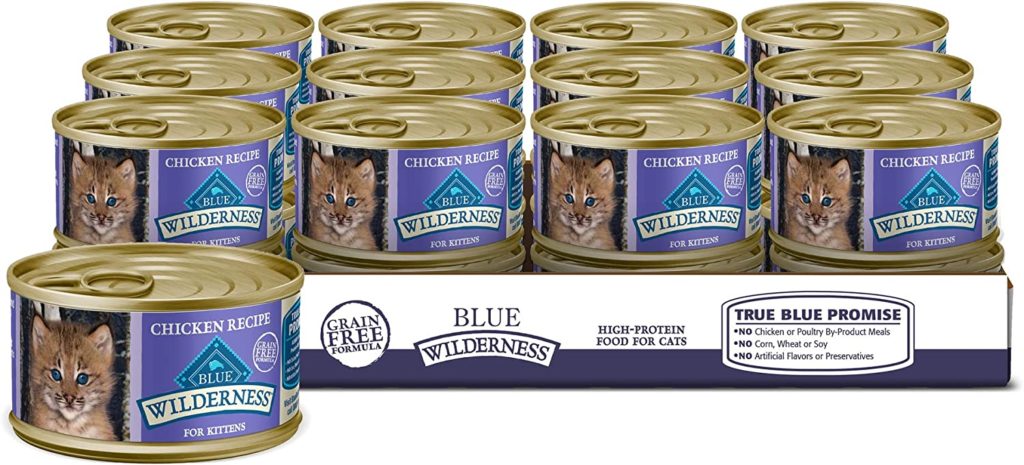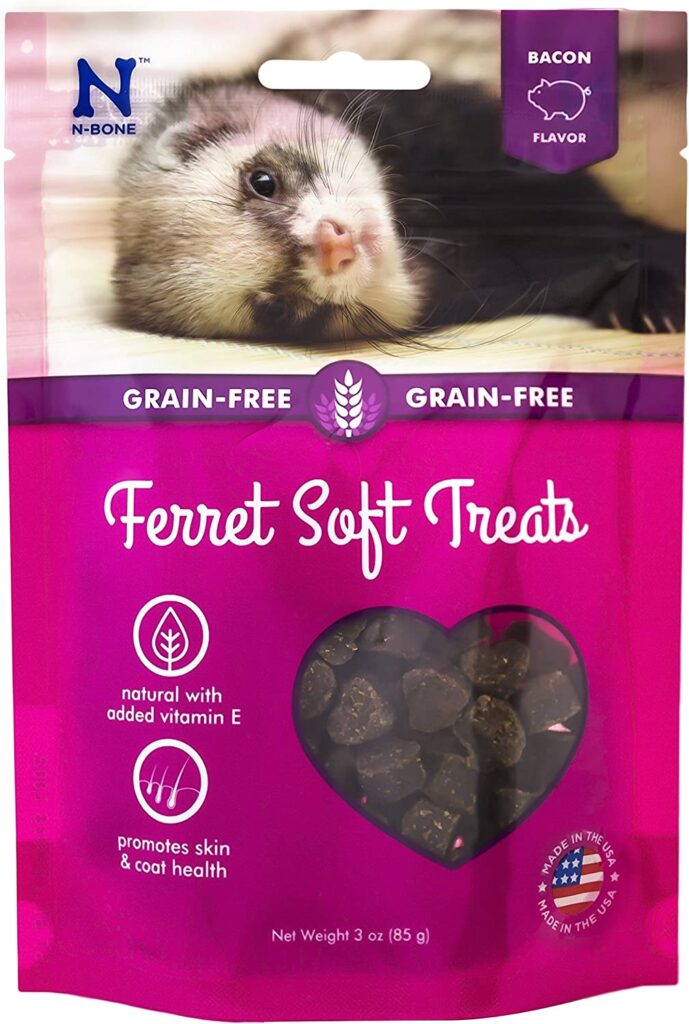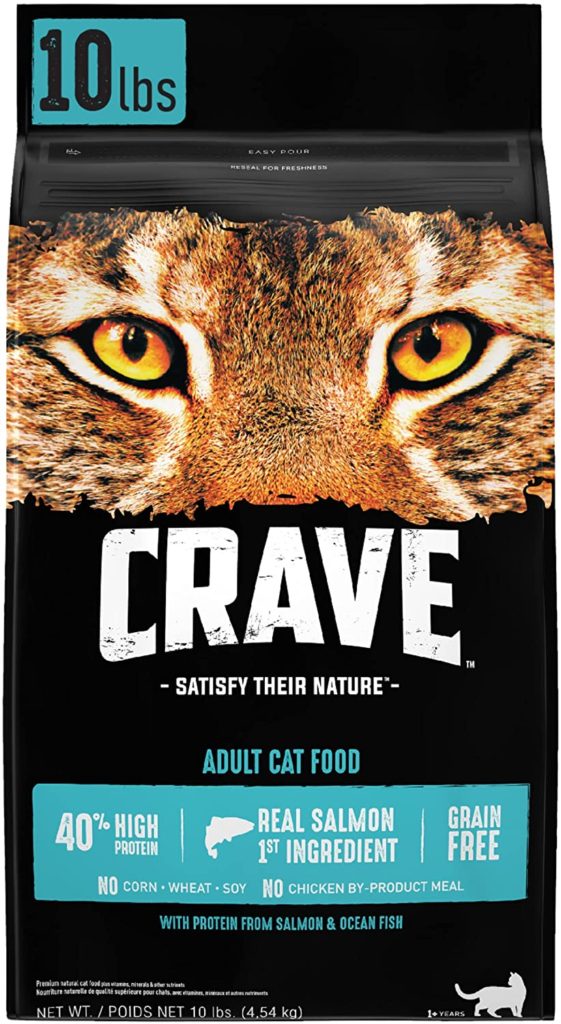Can Ferrets Eat Cat Food?
The hunt
There was a noise in the forest. A rush of bushes clattering in the trees. Out of the green darted a large gray rabbit. Following closely at her tail was a sleek and brown ferret. The rabbit dodged. It darted up a tree trunk and kicked off with a force that sent it rocketing back into the shrubs. With a fluid twist, the ferret followed only inches behind. Then, they were gone with a rustle. In the distance a high pitched scream of death could be heard.
Ferrets are taught to kill.
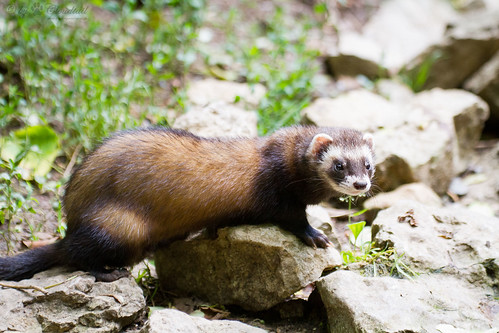
When you bring a ferret home to love and laugh with, you have to remember they are predators, and they eat like predators. Just like a cat, who is also a wild animal we keep in the house, they cannot digest grains. These animals’ intestinal tract is short and direct, they are evolved to eat red bloody guts.
Ferrets eat other animals. They do not eat anything but other animals. They love the chase, they live for the kill. All of their joyful leaps and playful scramblings, all of their puzzle solving pleasures and their love for strange and wonderful objects is sourced in this passion for mutilation before cozying up in their little hammock.
When it comes to the hunt, their pleasure turns serious and they are death at the heals of all small and furry beasts. But, just like cats, they are taught to kill by their mothers.
Your ferret might not know what to do with a rat or rabbit or chicken if you did put it in the cage. Additionally, that can get costly, not to mention messy. Though they are evolved predators, just like a cat, we usually don’t feed ferrets live bait.
Can ferrets eat cat food?
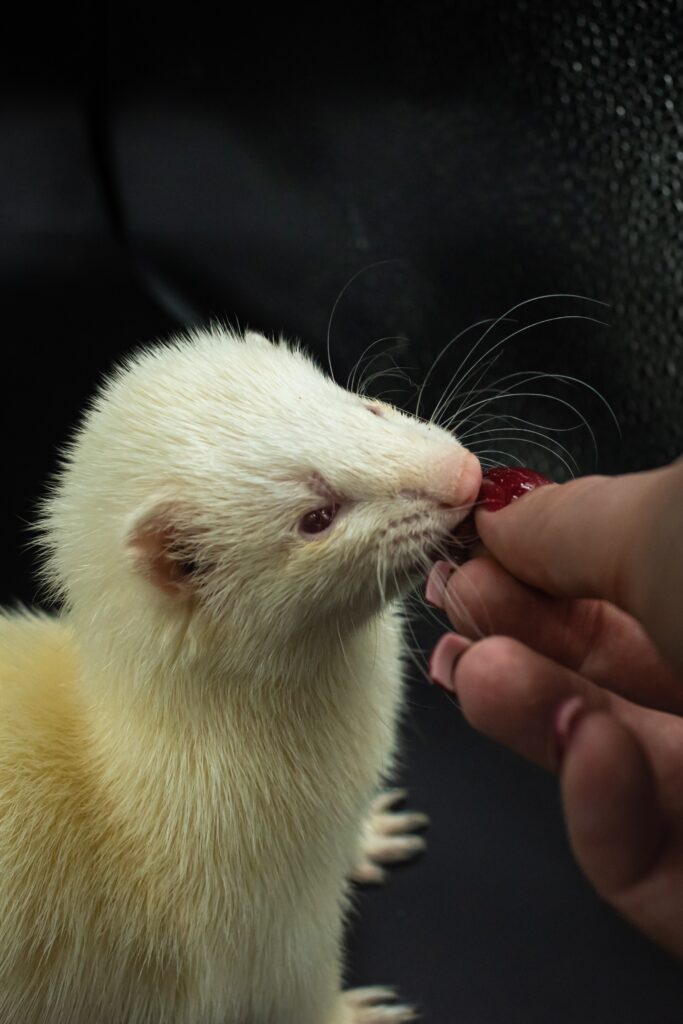
Can ferrets eat cat food? So what does a house ferret eat then? Most stores don’t sell bags of ferret food, and if they do, it is expensive. Thankfully, a ferret is a lot like a cat inside, and so actually ferrets can eat cat food. However, cats hunt differently than ferrets.
Cats stalk and wait. Ferrets chase and pounce. So, when choosing a cat food for your ferret, generally speaking you should choose a kitten food as these will often be the best cat food for ferrets.
The best cat foods are higher in all the stuff your ferocious friend needs. It is important to select a kitten food that is high in protein, fat, and calories, but- and this is important- has no grains added for filler.
You’ve been wondering can ferrets eat cat food, and the answer is a bit more complex than just ‘yes or no’. With so many choices in the aisle, which do we choose? Let’s look at what’s important so you can learn to pick the healthiest meal for your ferret.
The best cat food for ferrets
Nutrition:
Kitten food should contain a lot of protein, fat and calories. For dry food, 35% protein and 12-14% fats, plus plenty of calories. Protein percentage seems lower in wet food, but that’s only because it has more moisture.
Your ferret will need more wet cat food than dry cat food. Look for a good amount of calcium and phosphorous in the food you pick, because these important nutrients for bones and teeth.
Wet or dry cat food:
The best wet foods tend to be more tempting to picky ferrets and some won’t eat a drop of dry food. It also keeps your athletic friend hydrated because it has plenty of moisture.
Dry foods are easier to keep fresh and less messy in general, so they are an easier and cheaper choice. But read the labels. carefully, avoid kibble with carbohydrates and fillers.
Wet food. Wet kitten foods come in various textures. Picking a smoother or smaller chunk for your baby ferret is better.
Pate or flaked foods in gravy are tempting for the tiny mouths. Cubes and chunks are better for older ferrets.
Dry food If you plan on using a dry food for your pet, a young ferret may require a little water added so it is easier for your baby to eat. But as the ferret grows older, the dry kibble should be just fine.
Starting your baby on a wetted dry food and transitioning to its dry form is a good choice because ferrets can be sensitive to food changes, feeling ill. Plus, they may reject a change in brand and taste.
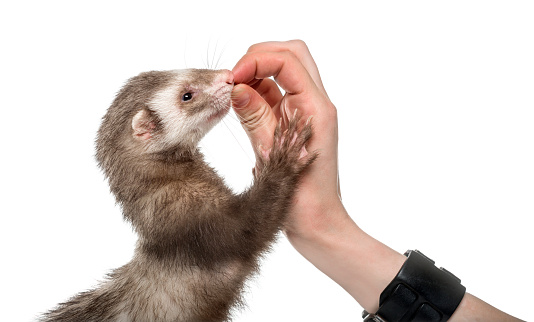
Raw food for ferrets
Many ferret owners claim that a raw diet is the best and healthiest food for ferrets. While raw food seems like a better choice because they eat raw meat in the wild, not all cuts are the same. The nutritional spectrum is also different from wild game to farm raised stock. Additionally, ferrets need a variety of animals and animal parts (bones, heart, liver, etc.) to get all of the required nutrients.
If you do choose to feed raw meats, read up thoroughly on the subject and feed only fresh meat from the fridge or freezer. Additionally there are raw meat products on the market for pets but again, it is important to pick one that is designed for cats and kittens, because, like your ferret, they need more fat and protein than dogs.
Choose a raw packaged food that has the highest fat and calorie content, with added nutrients like phosphorus and calcium. If you feed meat from a package, pick meat that has no preservatives or flavorings added. Additionally, pick a cut that has high fat content. Offer the skin to your pet, it is high in fats.
If your raw food package doesn’t have added nutrients, or you feed meat cuts, let your buddies chew on the bones. Let them eat cuts where the marrow is accessible. Crush a leg bone a bit so the ferret can access the marrow easier. Offering bones and marrow, skins and fat will provide a closer spectrum of natural nutrients found in wild game.
Cooked meats from your kitchen.
Although fine to offer as an occasional treat, cooked meats from your kitchen do not provide the nutritional balance your ferrets need. The heat cooks off a bunch of the minerals and the bones also become brittle and are not as edible. Your little pal can’t chew and swallow these splinters the same way as raw bones.
If you have a jerky that is only preserved with salt, and you are super confident of this, a little jerky as a treat is a good choice to add to your ferret’s raw diet.
Treats for ferrets.
Just like the best cat foods, your ferret treats should not contain fillers, grains, colors or preservatives. Read the label and pick a cat treat that is as natural as possible as it is less likely to be over salted, have preservatives, or flavors sourced from grains. There are also many homemade ferret treats you can easily make yourself.
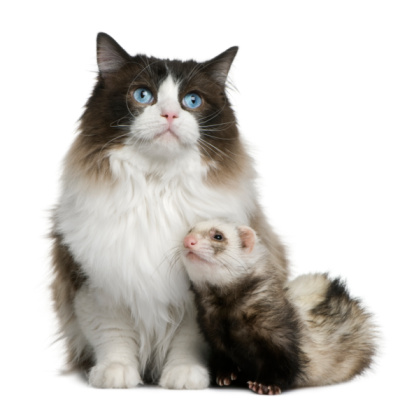
Quality ingredients
Look for kitten food that contains high quality ingredients, such as listed names of what part of the animal they are from. Meat meals are fine in dry foods, as long as they’re labeled. For example the label should read “turkey meal” and not “poultry meal.” Avoid foods with artificial preservatives, colors and flavors. It doesn’t hurt to buy USA grown and produced foods, either.
Tasty.
The kitten food should be tasty to your ferret. It might have the best ingredients available, but it’s not healthy if they don’t eat it. Ferrets are like individual people, and they each have flavor preferences, but if most kittens like the food, your ferret will probably be temped, too.
Try a few out as treats to see which one is the favorite. But if you make the transition to a different food, mix them over a couple weeks, adding more of the chosen kitten food each day. If your ferret won’t eat a given food, don’t mix it, just change it. You don’t want to starve your little buddy trying not to upset her stomach.
Cat food for ferrets
Now you understand why your ferret needs to eat high quality kitten food and you should be prepared to read the ingredient labels. So you were wondering, can ferrets eat cat food? and now you know, it is important to read the labels and avoid grains and fillers that can come in most commercial cat food. If the ingredients pass all the tests, then you are good to go.
Even if you choose a cheaper cat food, don’t skimp so much that you are feeding your ferret grains and low quality fillers. Keep the protein and fat and calories up, your reckless romper needs it!

